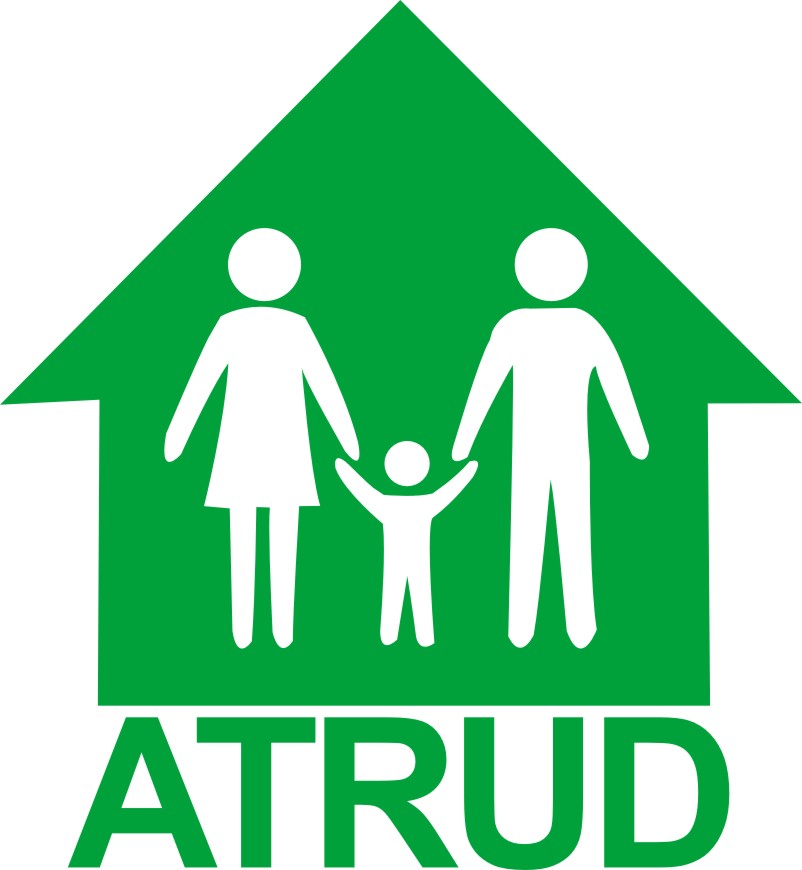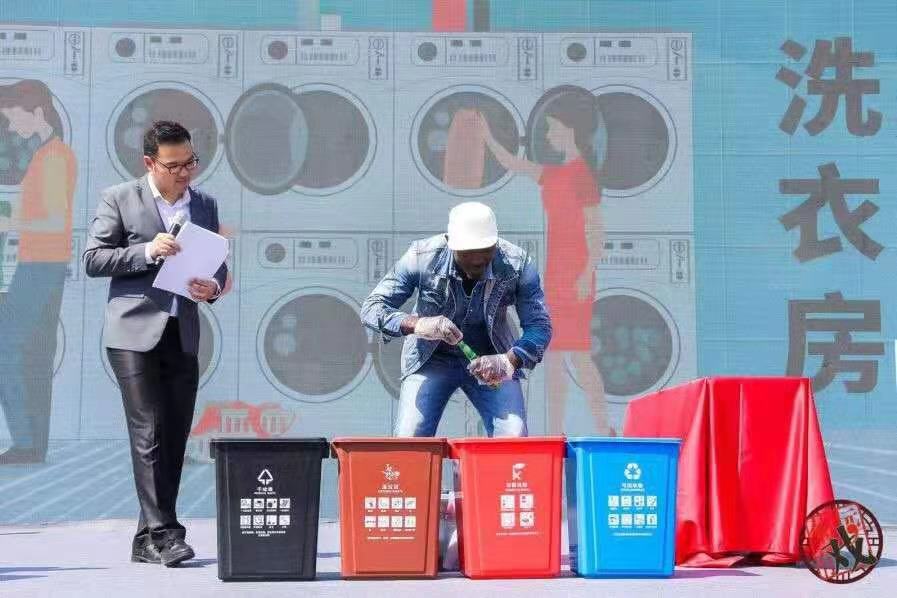ATRUD’s Active Role in Helping Refugees Camping in Ikom – Nigeria, 2018 to 2019.
Ikom in Nigeria is one of the border towns of Nigeria hosting one of the most populated camps of victims of the current armed conflict in The Cameroons. These victims, popularly referred to as Internally Displaced Persons (IDPs) are over 30,000 of them according to official sources citing the number documented but in fact, over twice that number considering that many of the victims shy away from being officially documented for security reasons and the fact that more IDPs flock in as the war persists. These victims range from babies to be born soon to the elderly in their 80s as well as disabled persons, many of them with half treated deadly wounds from gun shots or other accidents. Most of the victims have lost at least a family member to the war and don’t know where some family members are. They come mostly from border towns like Mamfe, Kembong, Eyumojock, etc while some come from towns far in land like Buea and Bamenda.
They all left without plans. They were forced to flee their homes as fighting raged on, trekking many kilometers through the jungles and swamps to get to Ikom. Many of them left all their belongings as they left. Their hope has been to be officially taken care of by an international institution like the United Nations or at best see an end to the war so that they can go back to their hometowns.
Life has been harsh and survival has been for the fittest. Governments responsible for the conflict on the ground have at best made a few declarations accompanied by little or no action. At worst, the victims have been ignored completely. Some few NGOs have tried to salvage the situation but given up. Small groups and even individuals have made random gestures like visiting the main camp and the small camps scattered in the forest in that area.
ATRUD decided to spearhead some of these efforts to collect and provide the victims with basic brand new as well as used items like: Clothing, First Aid Kits, Sanitary Pads, etc.
Donors ranged for students to people working. The daily publications on social media of gruesome pictures of horrible living conditions in the IDP camps motivated donors to pack up whatever they thought could be useful and send. Mr. Nsoesie Ernest Tabort, founder of ATRUD, spearheaded logistics of the project, by making his warehouse available for storage during the collection time. He also supervised the shipping of the items alongside his cargo and made contacts on the ground for effective forwarding of the things to the camps.
The operation was very successful and highly appreciated by the victims. However the quantity was not enough to meet the needs of a bigger number of victims. Seeing the need for continuous efforts to help the ever growing number of victims, ATRUD launched Phase 2 of the collection of items which is still ongoing.

